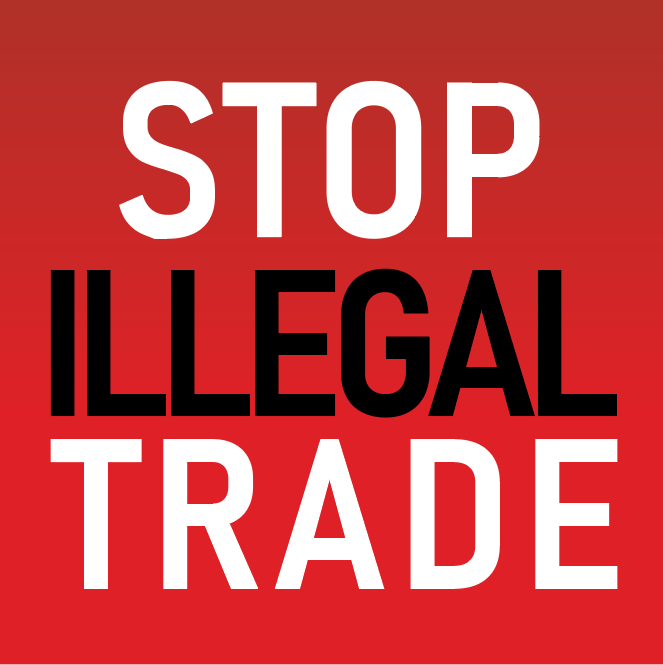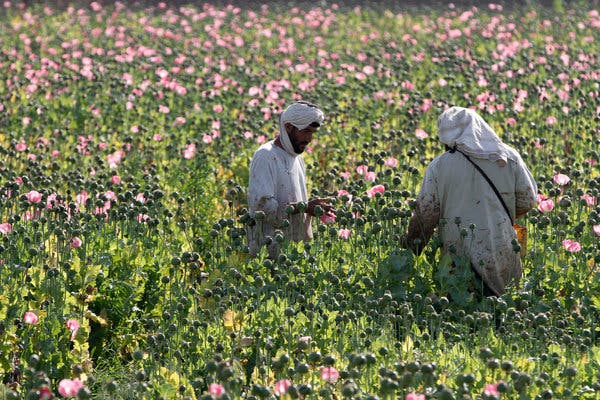The smuggling of various food items including wheat and wheat related products to Afghanistan has become a challenge for the government despite the presence of different agencies at various designated crossing points at Pakistan-Afghan border, informed sources told Business Recorder.
Talking with different relevant officials including those on the ground on strict condition of anonymity, it was revealed that smuggling of various food items including wheat and wheat related products is still underway under the cover of other commodities that are legally allowed. They also maintained that smuggling is not possible without the complicity of customs officials on the ground, law enforcement agencies on the border, police, and officials of the concerned local district administration who are allegedly facilitating the mafia. Inter-Services Public Relations (ISPR) did not respond to the queries forwarded by Business Recorder.
However, security sources on strict condition of anonymity told Business Recorder that the misuse of Afghanistan Transit Trade Treaty is also one of the reasons contributing to smuggling between the two countries. The goods trading under Afghanistan Transit Trade are usually under invoiced and mis-declared to avoid payment of duties and taxes. As far as the smuggling of wheat to Afghanistan is concerned, they maintained that crossing of trucks loaded with wheat are routinely covered with layers of some other edible items. They said that those trucks that pay a handsome amount of money as bribes to the concerned officials on the ground are being allowed to cross into Afghanistan.
“It is the responsibility of the concerned department to check smuggling. Security forces deputed at the border are only responsible for security related issues and are not present on the border to check smuggling”, said a security official on strict condition of anonymity. Zia-ul-Haq Sarhadi, President Frontier Customs Agent Association and former senior vice president of Pakistan-Afghan Chamber of Commerce told Business Recorder that presence of five to six agencies including police, customs, FC, customs intelligence and others at Torkham needs effective coordination to check smuggling of different items particularly wheat to Afghanistan. He further stated that smuggling needs to be controlled at trading points currently operating between the two countries. “The concerned officials need to properly check each and every truck crossing into Afghanistan to make sure that the trucks are carrying the declared items”, he added. In September 2019, the government imposed a ban on export of wheat and wheat flour (aata) to Afghanistan while in November last year, the export of wheat products such as maida and suji were also banned.
Pakistan has eight formal border crossings with Afghanistan, including Torkham, Khyber; Arandu, Chitral; Gursal, Bajaur; Nawa Pass, Mohmand; Kharlachi, Kurram; Ghulam Khan, North Waziristan; Angoor Adda, South Waziristan; and Chaman, Balochistan. At present, according to sources, five out of the eight points are open for trade activities between the two countries – Torkham, Chaman and Kharlachi – under the supervision of the Customs Department. Angoor Adda and Ghulam Khan are under the supervision of the security forces with no presence of customs officials due to security reasons. While the remaining Arandu, Gursal and Nawa Pass are not operative for formal trade activities between the two countries.
Customs officials revealed that Angoor Adda and Ghulam Khan are under the supervision of security forces who do not have anti-smuggling powers, as the authority given to the security forces to carryout anti-smuggling operations under the Customs Act, 1969, expired in June last year. They said that now negotiations are ongoing to depute customs staff at these two crossing points with a view to properly regulate trade and check smuggling.















